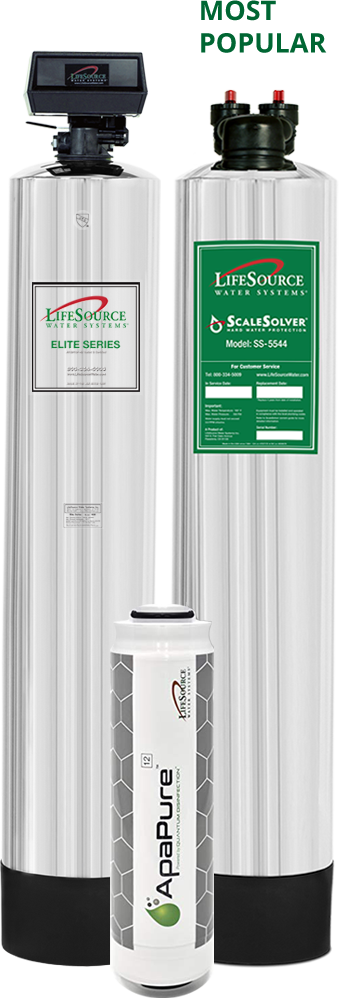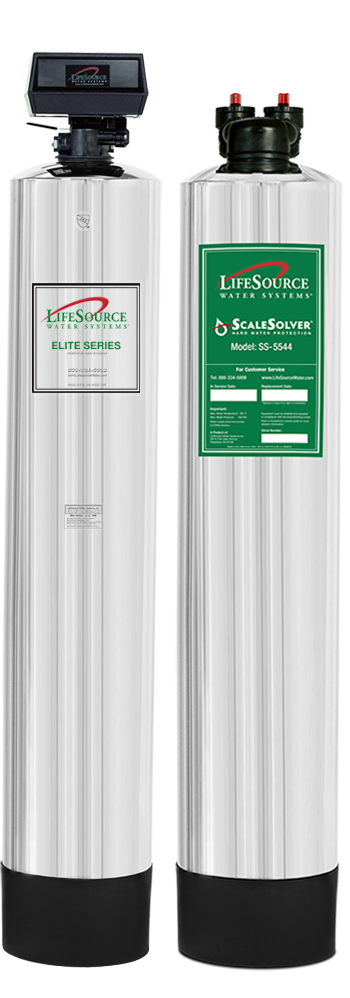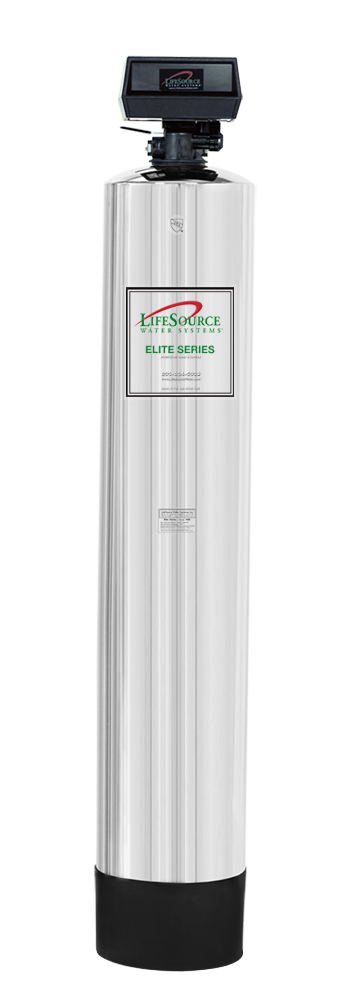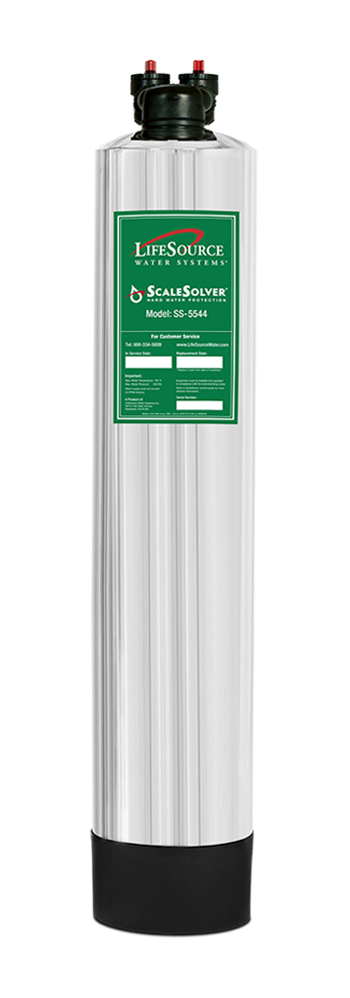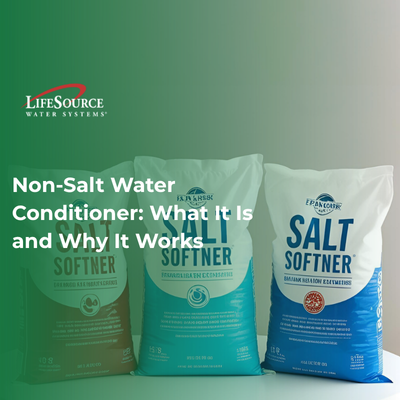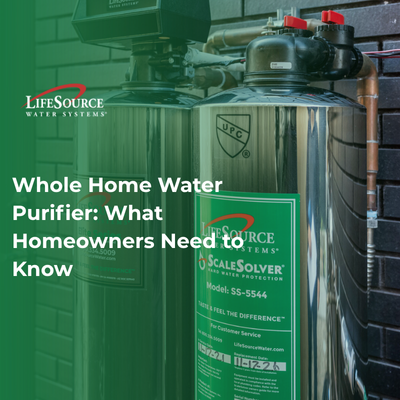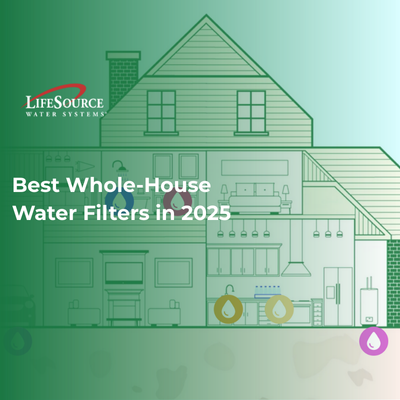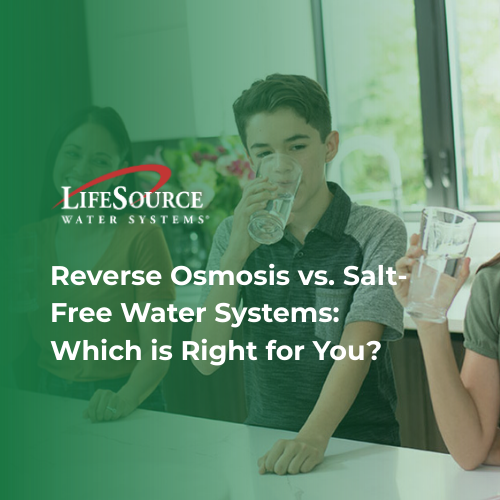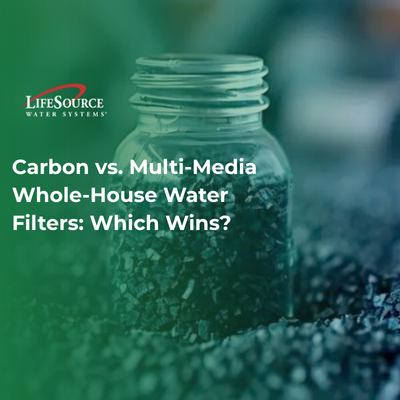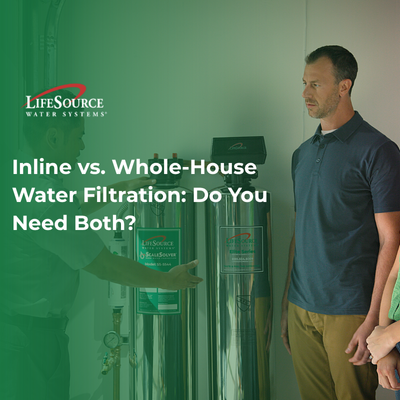
Why So Many Are Switching to Salt-Free Water Treatment
Choosing the Right Home Water System
It’s important to think about the big picture. Rather than wasting money (and storage space) on bottled water or an under counter sink filter, the easiest way to have great-tasting drinking water for your entire home is with a whole house water filtration system. If your main concern is hard water, salt-free water conditioning can dramatically reduce mineral residue and won’t make your water feel slippery or taste like salt. Unlike conventional water softeners, a salt-free conditioning system doesn’t add salt or potassium to your water, so your water stays potable and delicious.
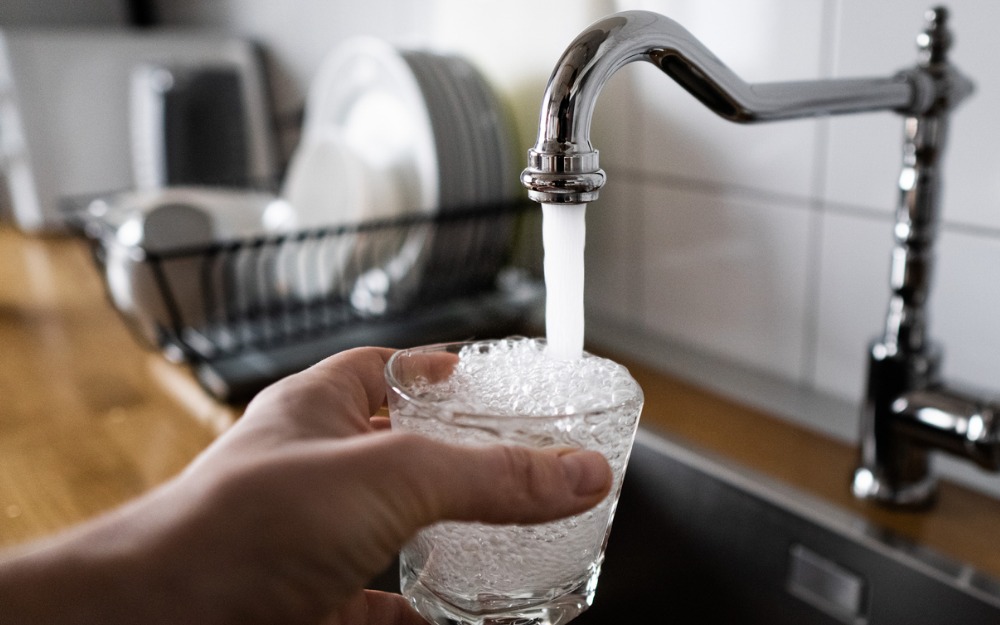
A home filtration system improves the taste and smell of your water by removing impurities - like chemicals and dirt. Chemicals, like chlorine and chloramines, are commonly used to disinfect tap water and can irritate your skin, dry out your hair and even fade your laundry. In many areas, the level of chlorine and chloramines is high enough for it to change the taste and smell of your tap water. Filtering your water ensures you have refreshing, great-tasting drinking water.
If you live in an area with hard water, then you may need to address hard water build up in your home. Hard water is when there is an excess of natural minerals, like calcium and magnesium in your water. These minerals do not present any health concerns, but they can leave eye-sore residue on your fixtures and appliances. Conditioning your water (also called “softening”) is when you treat water to reduce minerals from building up on your fixtures and water appliances. Salt-free conditioning systems reduce hard water problems without adding anything to your water.
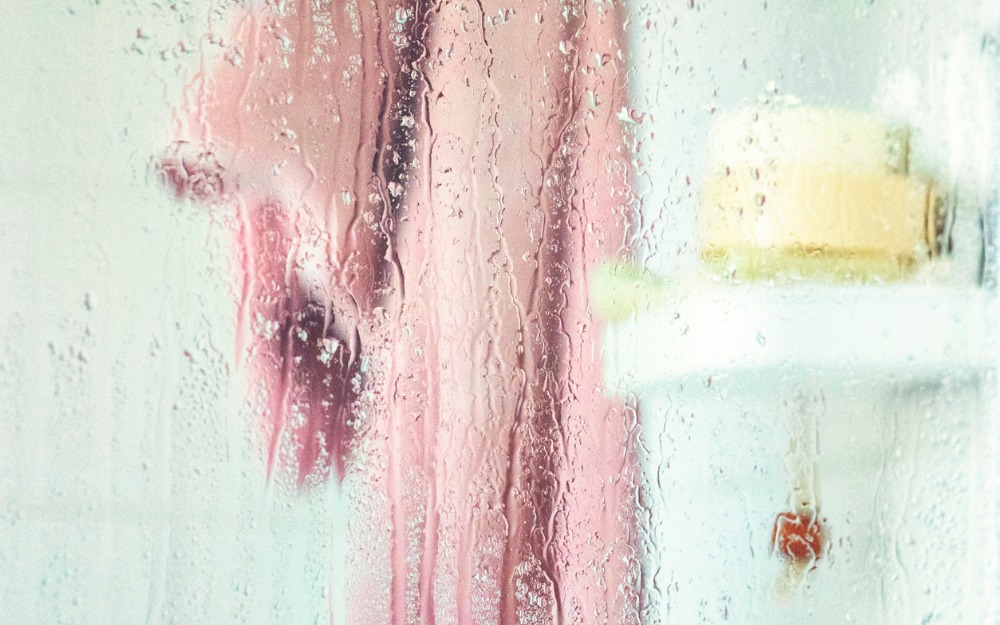
Over 95% of cities in the United States use chlorine and ammonia to disinfect tap water. When these two chemicals mix, they create a new chemical you may have heard of: chloramines. The United States started using chloramines to disinfect city water in the 1930s. Chloramines last longer than chlorine in water - guaranteeing better disinfection as water travels miles from the treatment plant to homes across the city. On the downside, this means that you are more likely to taste and smell these chemicals in your water. Because chlorine and chloramines are bleaching chemicals, they can also dry out your hair, irritate the skin and over time even fade bright colors in the wash. It's no wonder why so many people feel like their tap water is a constant ordeal.
Rather than spending money on bottled drinking water, shower head filters and fancy detergent, filter tap water before it enters your home. When you remove the chlorine and chloramines, you’ll notice an instant improvement in the taste and smell of your water. A whole house water filtration system fills your home with filtered water that tastes great, is gentle on your body and won’t damage your clothes.
Water softeners "soften" your water by replacing the natural minerals in your water with salt or potassium ions. This process is called "ion exchange." Water with an excess of calcium and magnesium minerals can leave white residue on your fixtures, which can damage water appliances or pipes. The downsides of a water softener are that they add a bunch of salt to your water and deplete the water of all its beneficial minerals. In a 2006 report, the World Health Organization credited water as an important source of your daily mineral intake. Completely removing minerals from water can also tilt the water pH level into the acidic end of the scale. The more acidic your water, the harder it is for your body to absorb.
On a personal note, water softeners also need a lot of maintenance. Every month, water softener brine tanks need to be replenished with fresh salt. Salt makes your tap water less potable and taste like salt. To have good water for drinking and cooking, you'll need to install an under the counter reverse osmosis system to remove the salt from the water softener. Not to mention the monthly cost of salt bags and the hassle of maintaining cumbersome brine tanks.
If you’re still gung-ho about installing a water softener, just be aware that even after removing minerals from your water, your skin and hair may still end up feeling itchy and dry because of the remaining chlorine, chloramines and dirt in your water.

Another reason more and more families are switching to salt-free water conditioning? Conventional water softeners waste water and slowly pollute our waterways - ruining our freshwater supply for generations to come. The technology to remove salt from water (desalination) is very expensive and isn't a viable option for most cities. When a home has a water softener, all of its wastewater contains salt. That salt can't be removed. This prevents cities from recycling and reusing water for farming or irrigation. While salt-based water softeners do a good job of addressing hard water issues, they are environmentally unsustainable and wastewater. This has led many cities to ban them altogether.
It’s time to get the best of both worlds with a salt-free home water system. Transform your tap water into delicious drinking water and condition minerals to reduce hard water buildup in your home. You’ll be able to drink water from every tap in your home. And won’t need to worry about the hassle and added cost of water softeners. Feel good with every drop, knowing you are helping to preserve our waterways.


